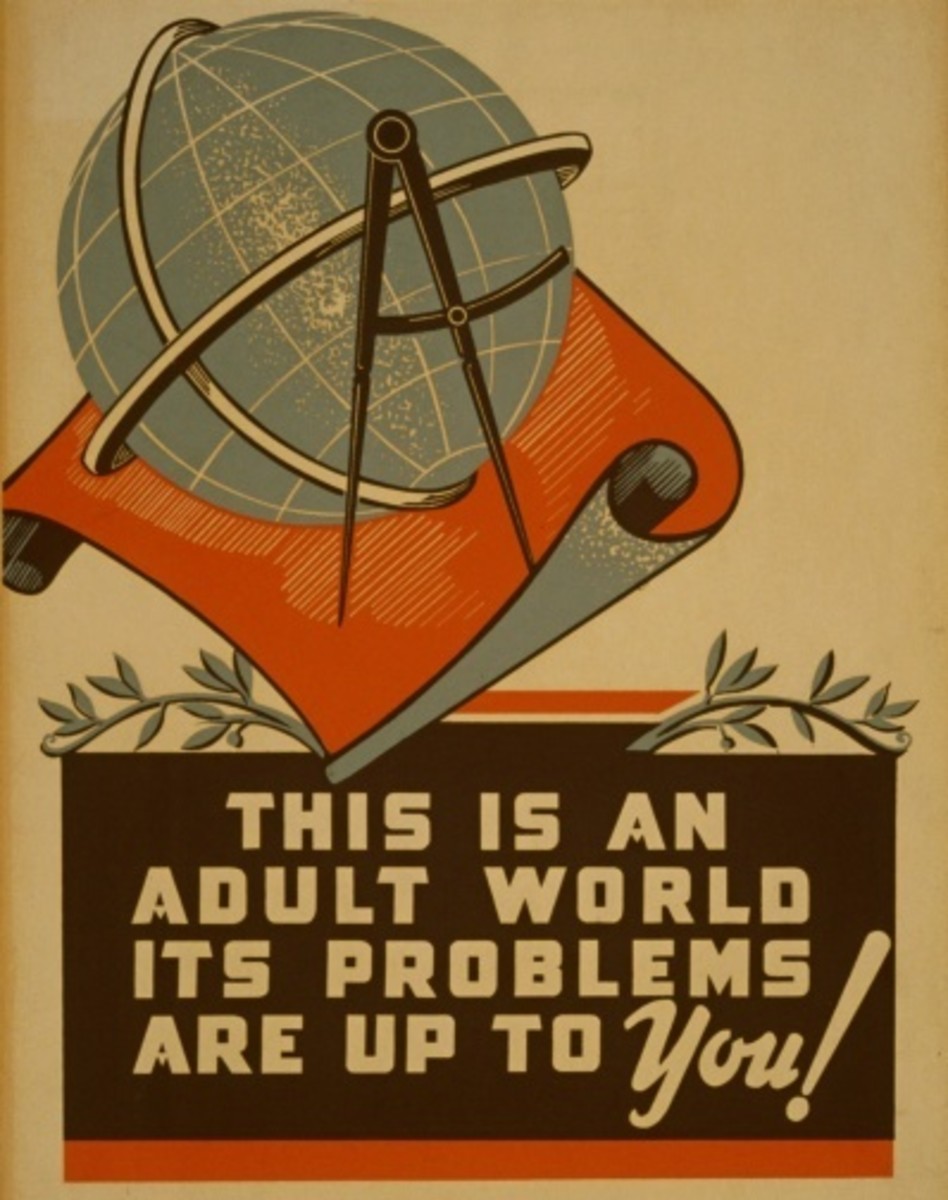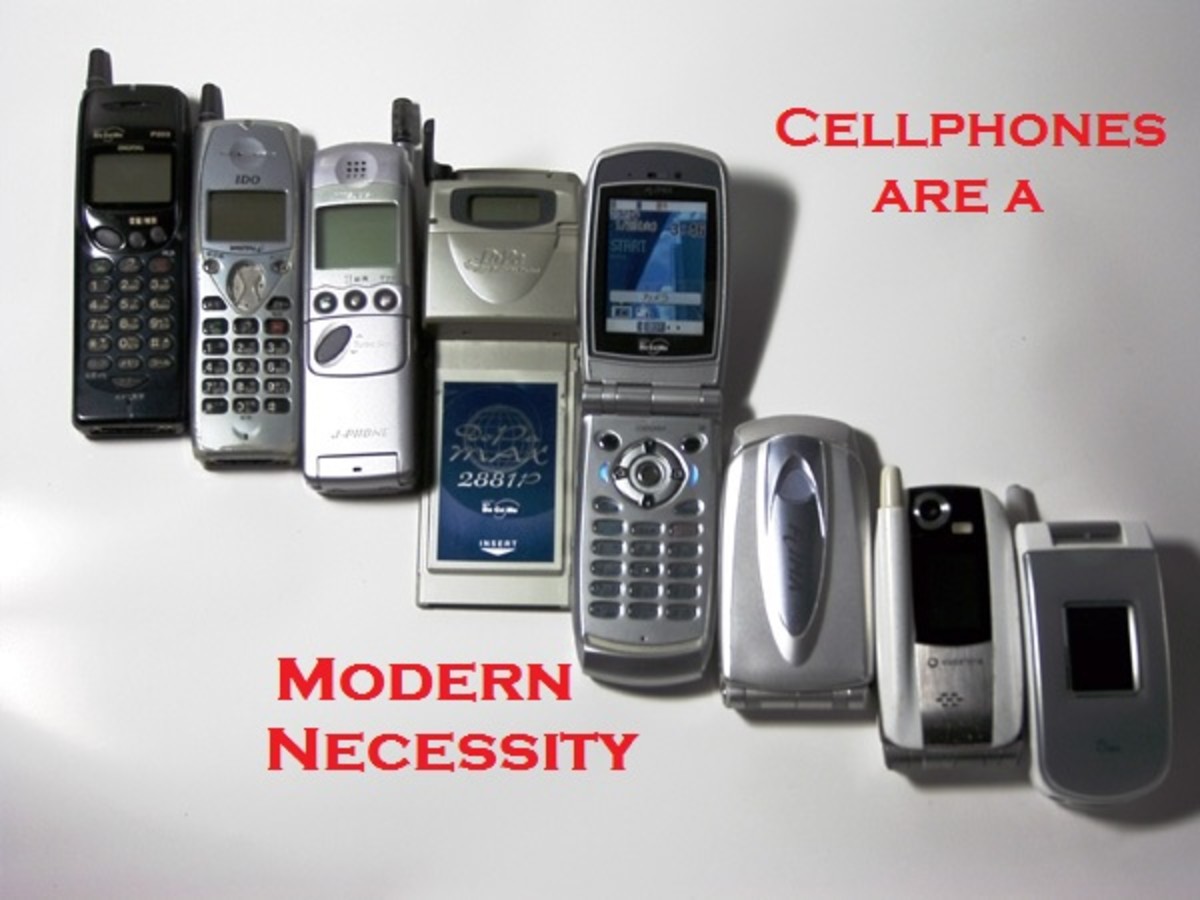Medical Advocacy

Lesson: try not to lose half of your finger in a rural area
A couple years ago the tip of my father’s ring finger (about a half inch) was severed by a car door. At the time he lived in a rural area. He was taken to the hospital and they placed the fleshy carcass on a dry paper towel and left it on the counter. By the time I got there they didn’t even know where his finger was, the nurse’s assistant frantically searched for the piece of finger. After several minutes she found it, I wet the paper towel, and we drove to the next town’s hospital. After several minutes I went in the back to check on my father, he was high on pain killers, the doctor on call explained to me that he would be amputating my father’s finger to the knuckle. My father, in his drug induced state, gave permission for the amputation. I refused. I told the doctor that there must be another way. What about the tip that we had brought in, couldn’t they re-attach that to his finger? No, was his answer to me. Apparently the finger had dried out too much and could not be re-attached.

He needs all of his fingers to play guitar
I explained to the doctor that my father is a guitar player, and he needs that finger. The doctor became agitated with me, and told me if I didn’t like his diagnosis and plan of action, I could take him the bigger city, about a forty-five minute drive. My dad did not want to go anywhere else, my father said it was ok. The doctor looked me in my eyes, and said that amputation was the best thing for my father. I could not reconcile that, but it appeared that I was mostly out voted, although I do not think highly medicating someone and then asking them their opinion is the responsible, or right thing to do. When the doctor was looking at me, I had an idea. Our eyes locked and I asked him to consider what he would do if my father was his father, would he find away to save his finger? He said that it would be easier to amputate, easier for who? It would not be easier for my father.

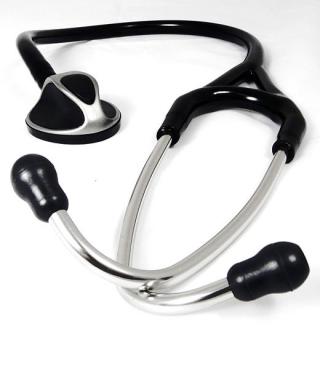
What if it was your loved one?
I asked him to think about the future, what if a loved one became hospitalized would he want the doctor to consider what was better for the doctor, or what was better for the patient. Then I left the room. An hour later I was called back into the room. The doctor wouldn’t, this time, make eye contact with me, and he said that he decided not to amputate. He had done some skin graphing, stretched the skin and reconstructed the finger as best as he could. I gratefully thanked him, he mumbled your welcome, and never looked up at me. He then left the room.
I often wondered if I simply reminded him, that a patient is more than a patient. They could be someone’s father, son, brother, uncle, mother, daughter, sister, or aunt. Doctor’s deal with life and death every day, and maybe they get lost in the little details of life. People who are going to be in the hospital need to have a advocate, someone who will fight for their rights, and their perspectives. A well meaning stranger is never going to have your back like someone who loves you. Pick out the fighter in your life, the one who can communicate effectively with medical staff in a professional, but firm way. You don’t want your ghetto fabulous cousin at the hospital making it worse for you.
“Keep your eyes and ears open. Many healthcare professionals are efficient, but still, mistakes can be made. Sometimes hospitals are understaffed. Nurses may be distracted. Double-check medications, ask questions about procedures, and watch for anything that can cause allergic reactions. Your loved one won’t be able to focus as well during this time, so staying alert for her could save her from additional setbacks” (Jane, 2010,p.1)
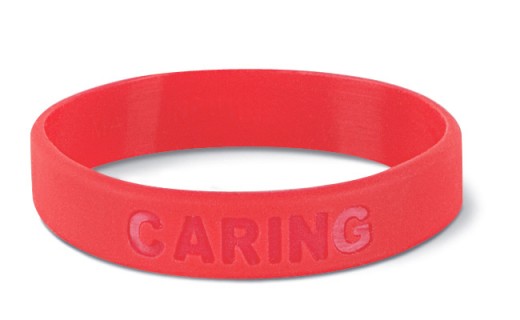
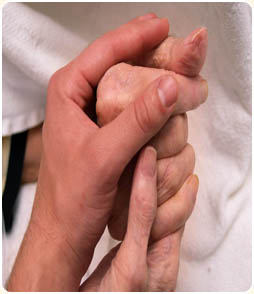
She went to the clinic to have a biopsy, and never came home
This article on medical advocacy was prompted by my father’s ordeal, but it was reinforced by a friend’s death less than three weeks ago. Hospitals are a bad enough place for a number of negative possibilities when you are an insured individual. When you are an indigent patient with a serious death sentence, you need a medical advocate in the most immediate way possible. A fifty year old friend who had been suffering a prolonged cough, and battling exhaustion went to have a liver biopsy through a free clinic. When they opened her up they realized that she had cancer throughout her entire body. Further tests while she was sedated confirmed the diagnosis. Her husband was with her. She was in no pain, and she fully expected to go home later that day with either good news or bad news, but she expected to go home. The staff explained the findings to her husband, and he was told that they would wake her up from her sedation and tell her what they found, and ask her if she wanted the medical staff to make her comfortable. They explained to her husband that they would increase her morphine and keep her as comfortable as possible, so she would not be in any Pain. The medical staff performed massive sedation until she passed away.
Your loved one's need a voice, when they cannot use theirs
They woke up this lovely, wonderful, and newly-made grandmother, and told her that she had cancer throughout her entire body, as well as her brain. They then asked her if she wanted them to help her be comfortable. They kept her medicated, increasing her medication until she died. I can guarantee you that her definition and their definition of being kept comfortable were very different in origin. She fully expected to get her biopsy and then go home. She would have never gone to have the procedure if she thought for a minute there was a chance she would never leave. I guarantee that she had people she would have liked to say goodbye to, things that she would have wanted to handle before she left this world. She was not in any pain, so why is this not considered medial assisted suicide? I expect that a women with cancer was going to be very costly for the free clinic, so they put her down like a dog. Her husband did what the medical staff told him to do, I do not blame him. He is a sheep, he has been programmed to follow medical advice, as most of us are. I implore the public to always listen to their instincts, their gut feeling. Do not go against common sense, advocate for your loved ones. If you don't who will?
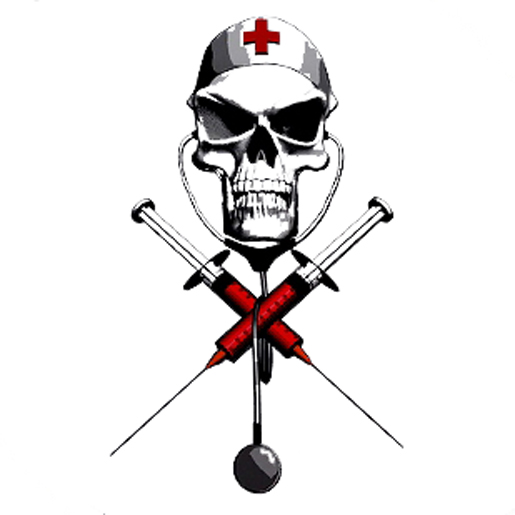
References
EXTRAORDINARY JANE Everyday Women (2010). 7 Ways to Be an Advocate for Your Loved One with Cancer. Retrieved April 25, 2012 from


